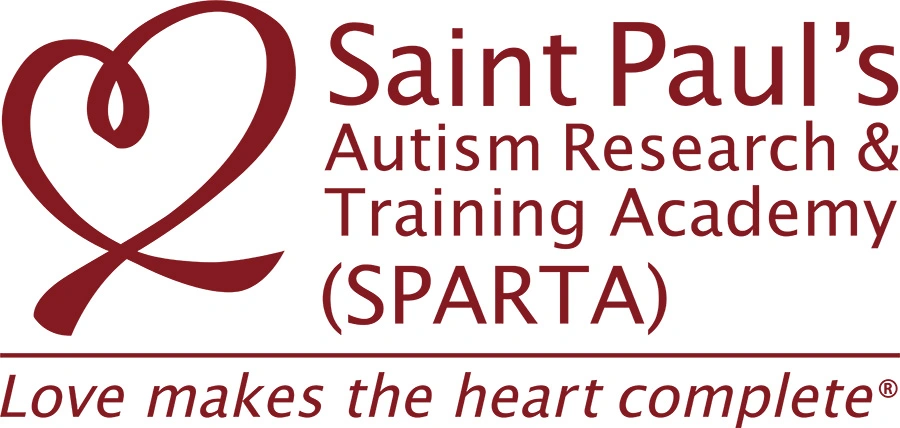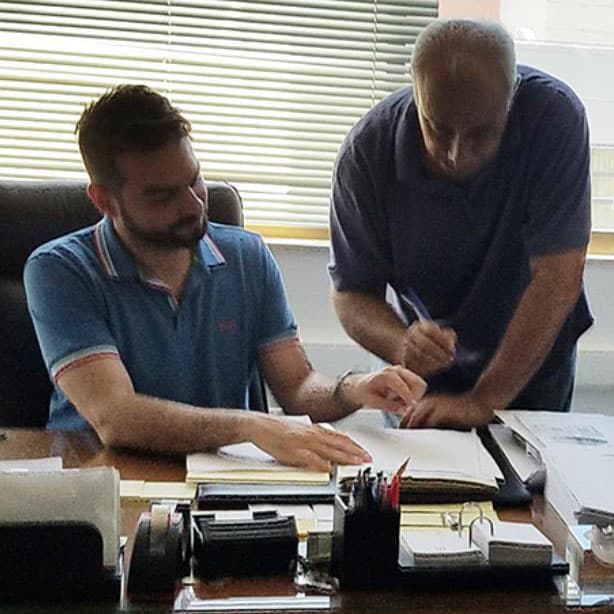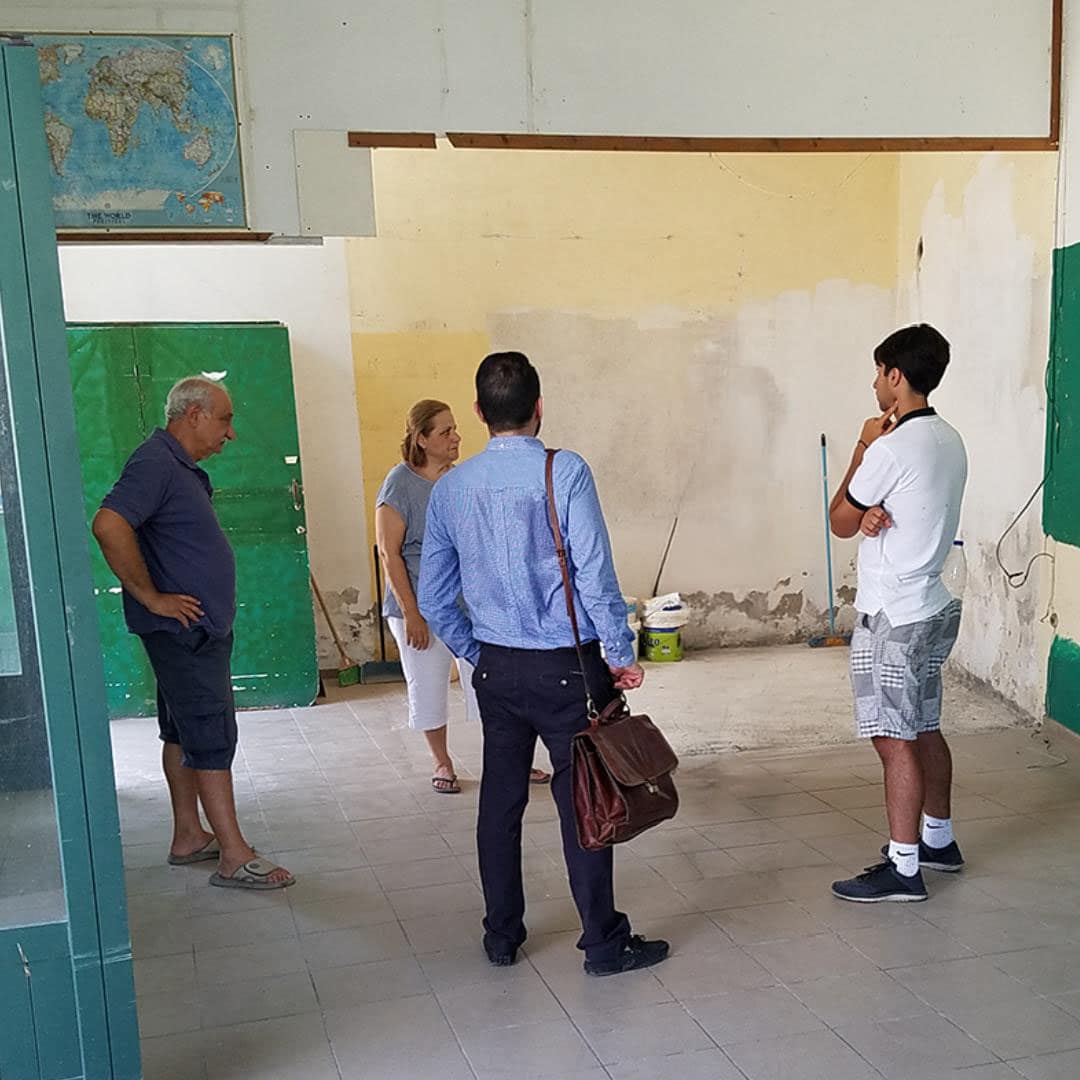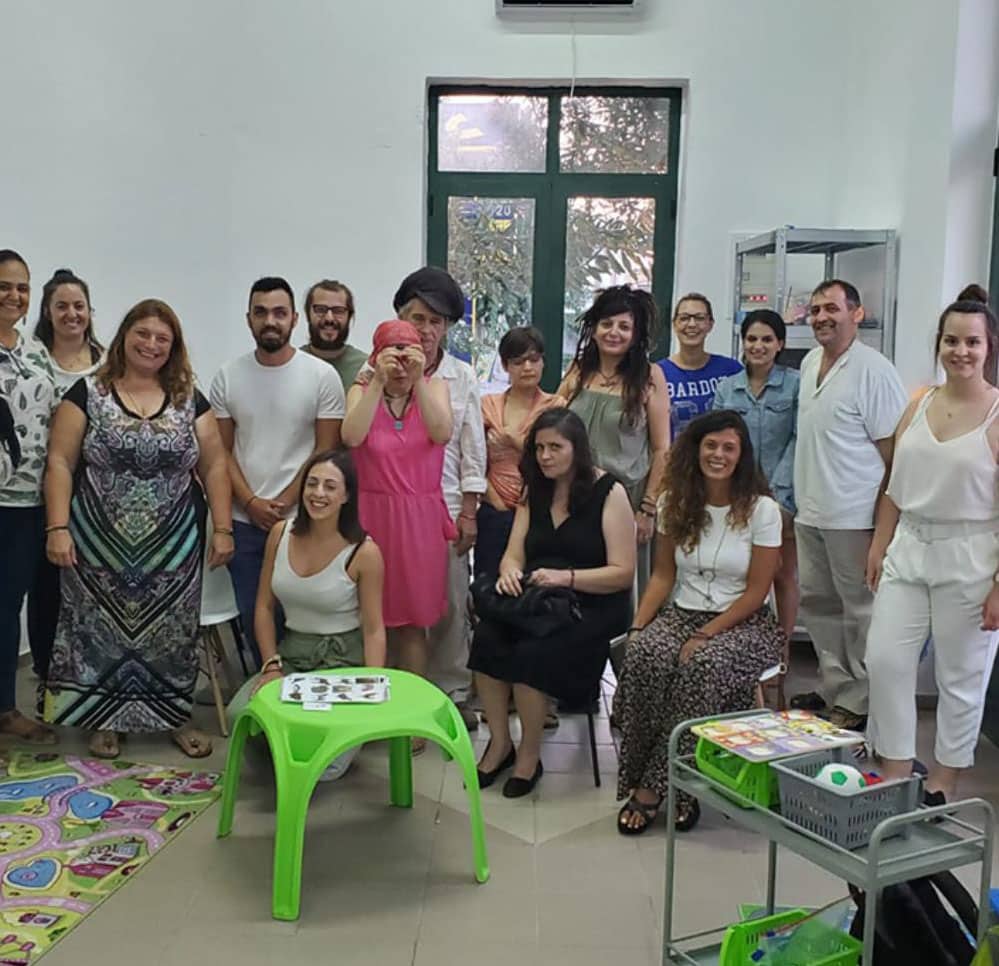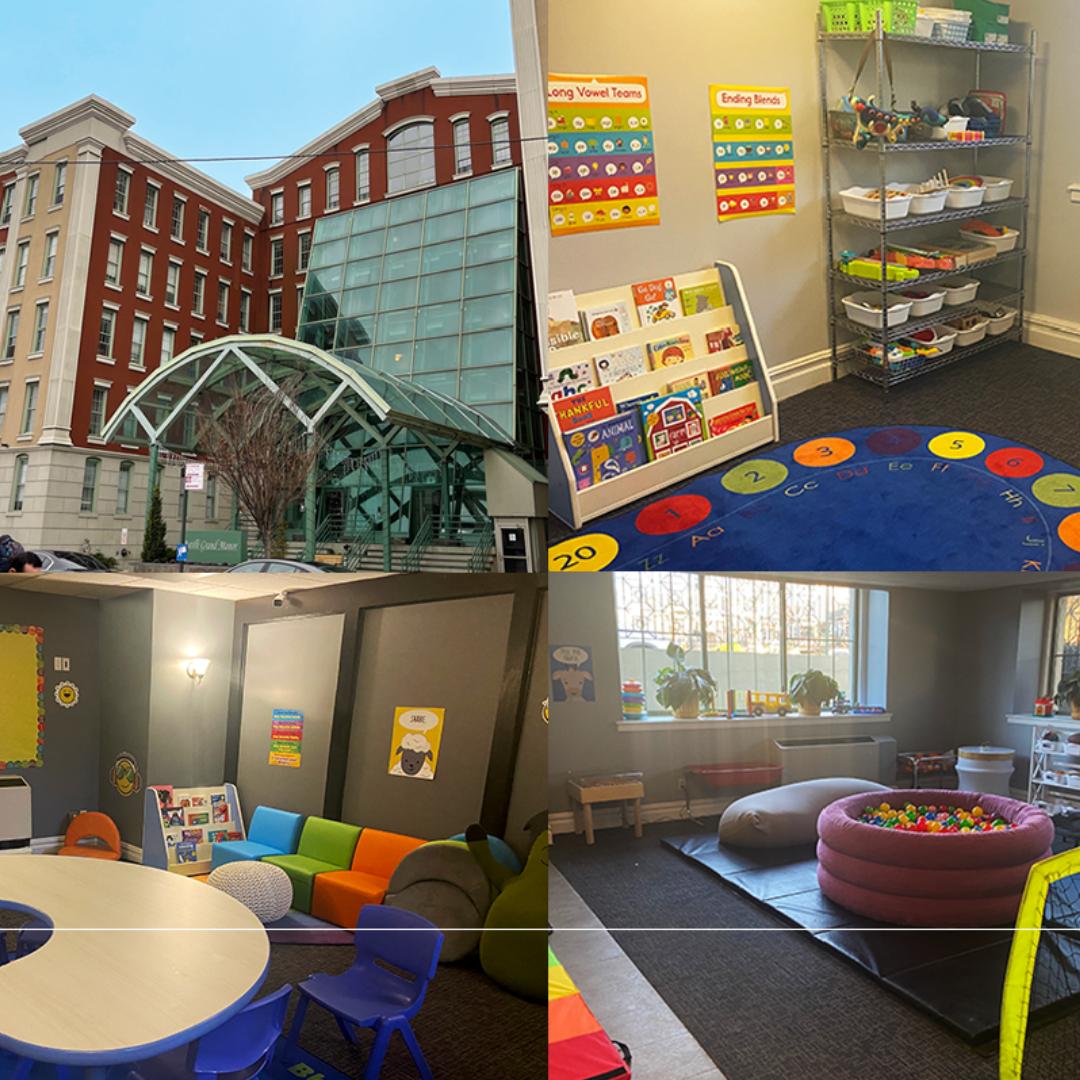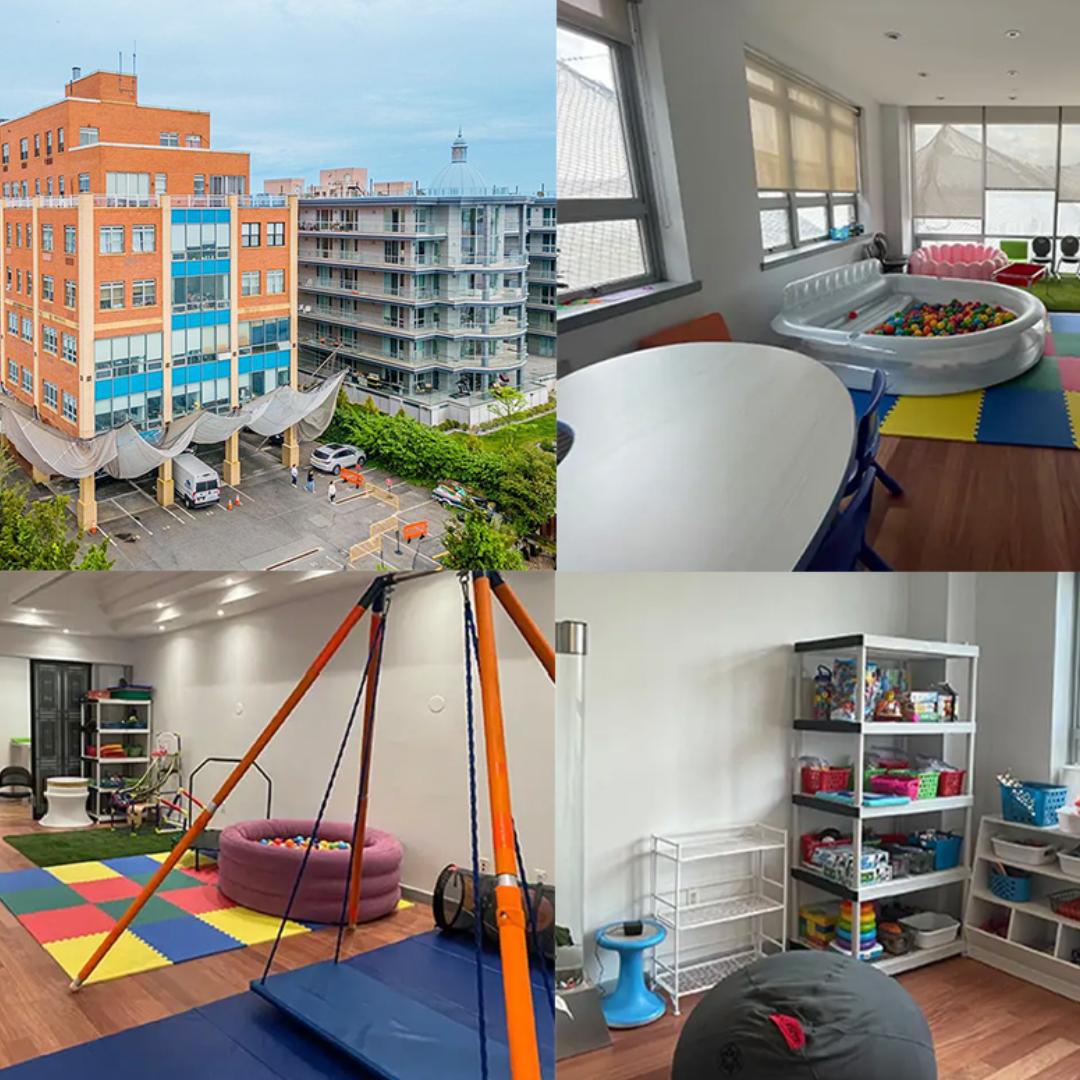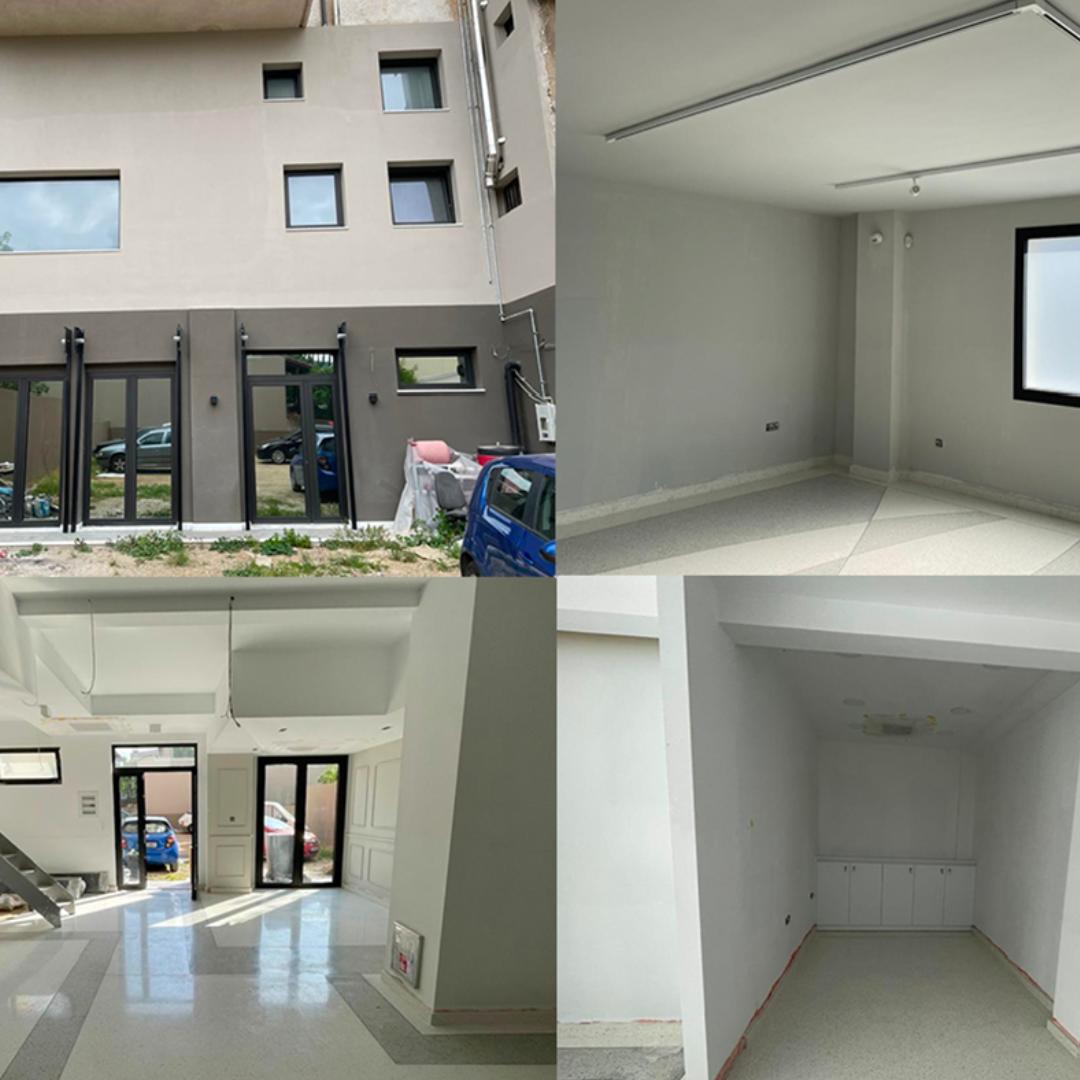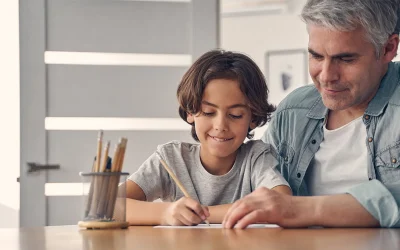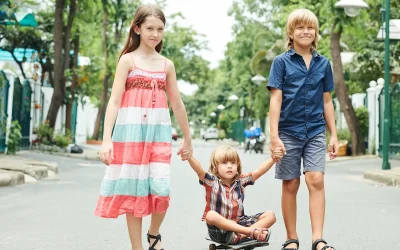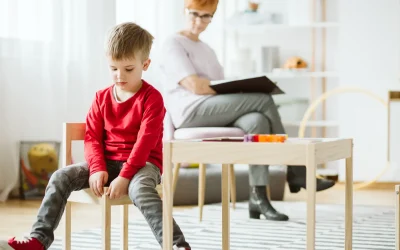Our Mission
A Mission of Hope and Inclusion
At St. Paul’s Autism Research and Training Academy (SPARTA), our mission is to ensure that every child with autism has access to the care and support they deserve, no matter where they live. We provide evidence-based therapies, parent training, and comprehensive support services to children and families in underserved communities, both in the U.S. and Greece.
Beyond therapy, we are committed to breaking the stigma surrounding autism. In many places, limited resources and misconceptions prevent children from receiving the help they need. By expanding access to high-quality care and fostering understanding, we’re creating a future where every child is empowered to reach their full potential.
Through research, advocacy, and compassionate care, SPARTA is working to build inclusive communities where no child is left behind.
About Our Foundation
Θεραπεία
We apply ABA therapy, as well as other treatments to our students diagnosed with autism who live in underserved areas currently in the USA and Greece.
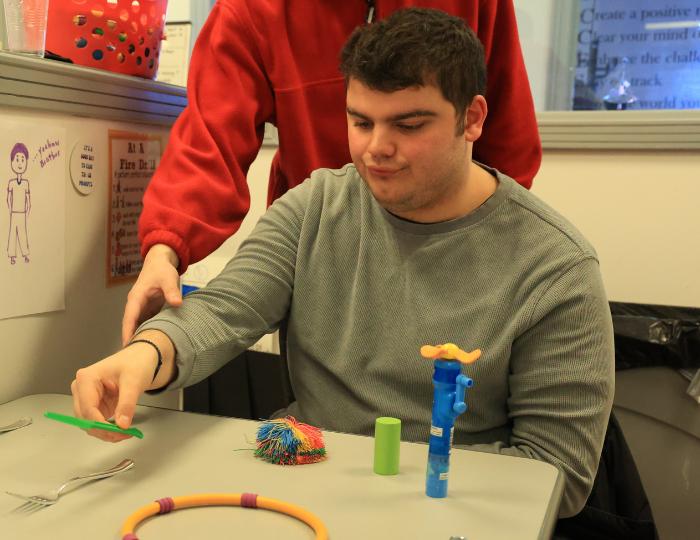
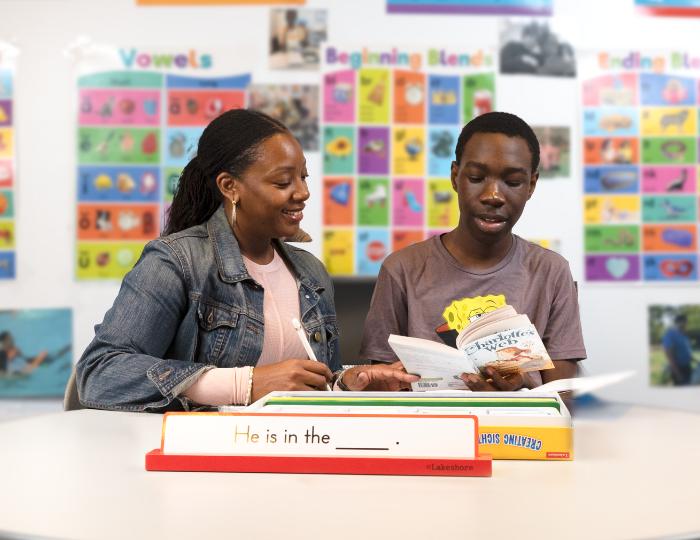
Εκπαίδευση
We provide home-based and center-based parent training through empirically-supported behavior interventions in ABA. We also strive to provide resources to families in need for free.
Έρευνα
Διεξάγουμε και δημοσιεύουμε έρευνες σχετικά με την αποτελεσματικότητα των θεραπειών ΑΒΑ και της εκπαίδευσης γονέων με τον Aμερικανικό και Eλληνικό πληθυσμό.
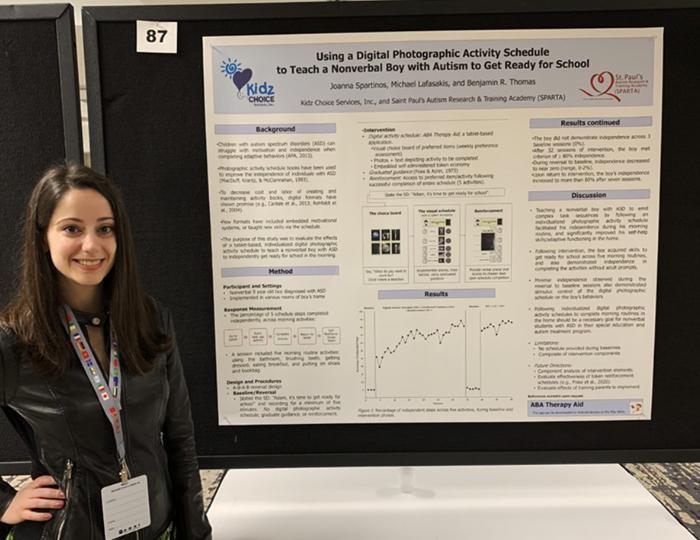
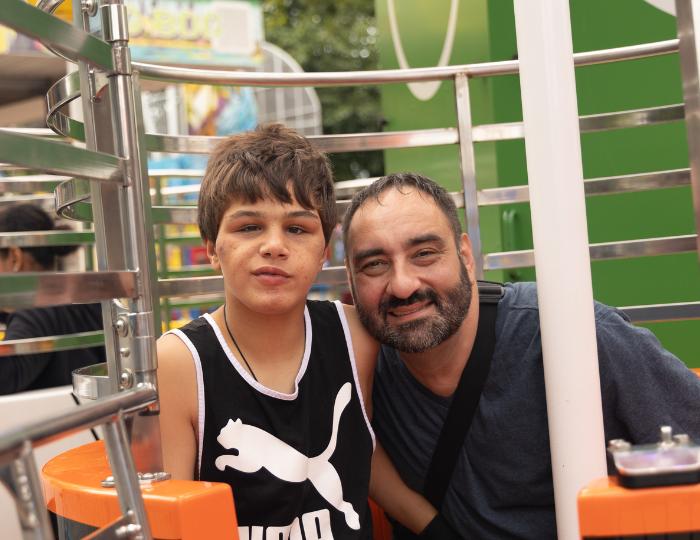
Awareness
Through outreach, education, and advocacy, we raise awareness about autism, fostering acceptance and understanding in the communities we serve.
It started with a moment — one that changed everything.
In a small village in Greece, a boy named Paul with autism found joy in the music playing around him. But instead of celebration, his excitement was met with shame. His family, like many others, didn’t have the understanding or resources to support him. In that moment, it became clear: something had to change.
That’s why SPARTA was founded — to ensure no child is left behind.
What began as a mission to provide access to life-changing autism therapies has grown into a global movement. From our centers in the U.S. to our expanding programs in Greece, we stand with families in underserved communities, offering hope, guidance, and evidence-based support.
But we’re not just focused on treatment. We’re breaking the stigma that surrounds autism. Through parent training, community education, and research, we empower families and foster acceptance. Every child has the potential to thrive — they just need the opportunity. And it doesn’t just start or stop with Greece. Join us and support us to create a global acceptance and funding for autism services.
Latest Autism Stories
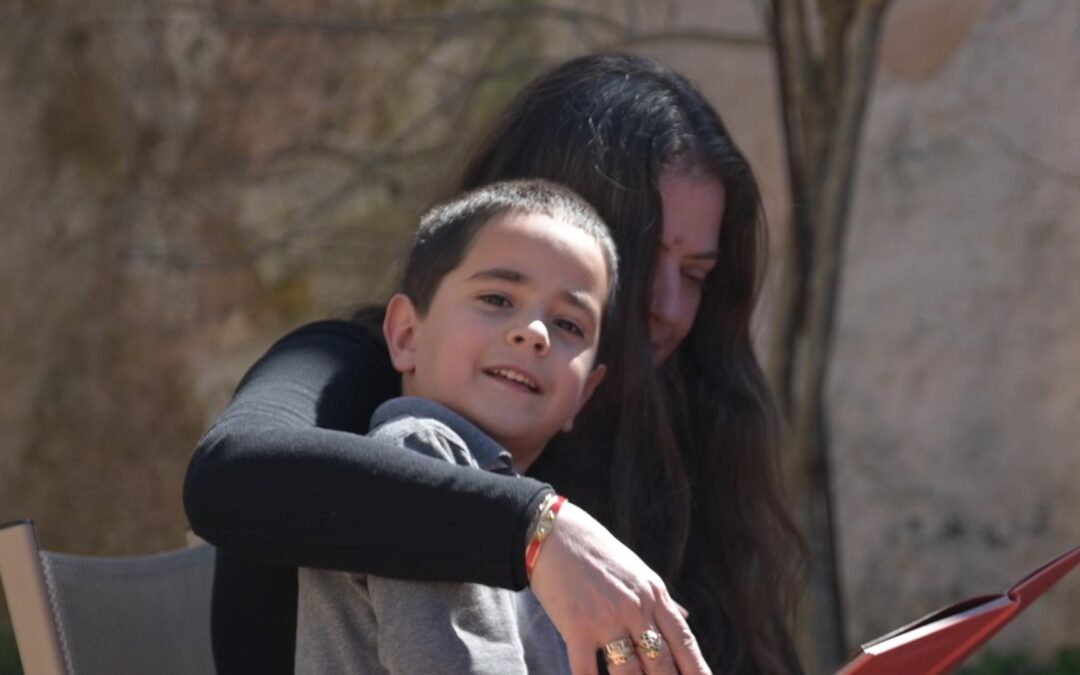
Who Will Take Care of Him When We’re Gone – Iakovos’ Path to Independence – Autism Spectrum Stories
Discover Iakovos’ inspiring journey in Greece through our autism spectrum stories series. His parents share how SPARTA Autism transformed their son’s life, building independence and hope. Help us continue this life-changing work—our Greece program urgently needs your support.
TIMELINE
Parent Testimonials
Nere, a devoted mother, shares her heartfelt journey with SPARTA Autism. With limited communication, her daughter Camila faced immense challenges—but through personalized therapy, she gained independence, found her voice, and achieved milestones once thought impossible. Watch their inspiring autism spectrum story.
Meet Efi, a Greek mother with twin boys with autism in our Greek program. She shares her journey raising Nikos and Panagiotis. From severe sensory challenges to our program’s progress in sitting, eating, and more — hear her heartfelt story of hope and transformation.
Featured Research
How to correct the behavior of a child with Autism Spectrum Disorder
Transitioning from rich to lean reinforcement as a form of error correction
A Child With Autism Teaches Siblings to Skateboard
A Child With Autism Spectrum Disorder Teaches Siblings to Skateboard: Effects on Sibling Skills and Family Social Behavior
Navigating Non-Verbal Autism Reinforcement
The effects of prompting, fading, and differential reinforcement on vocal mands in non-verbal preschool children with autism spectrum disorders
